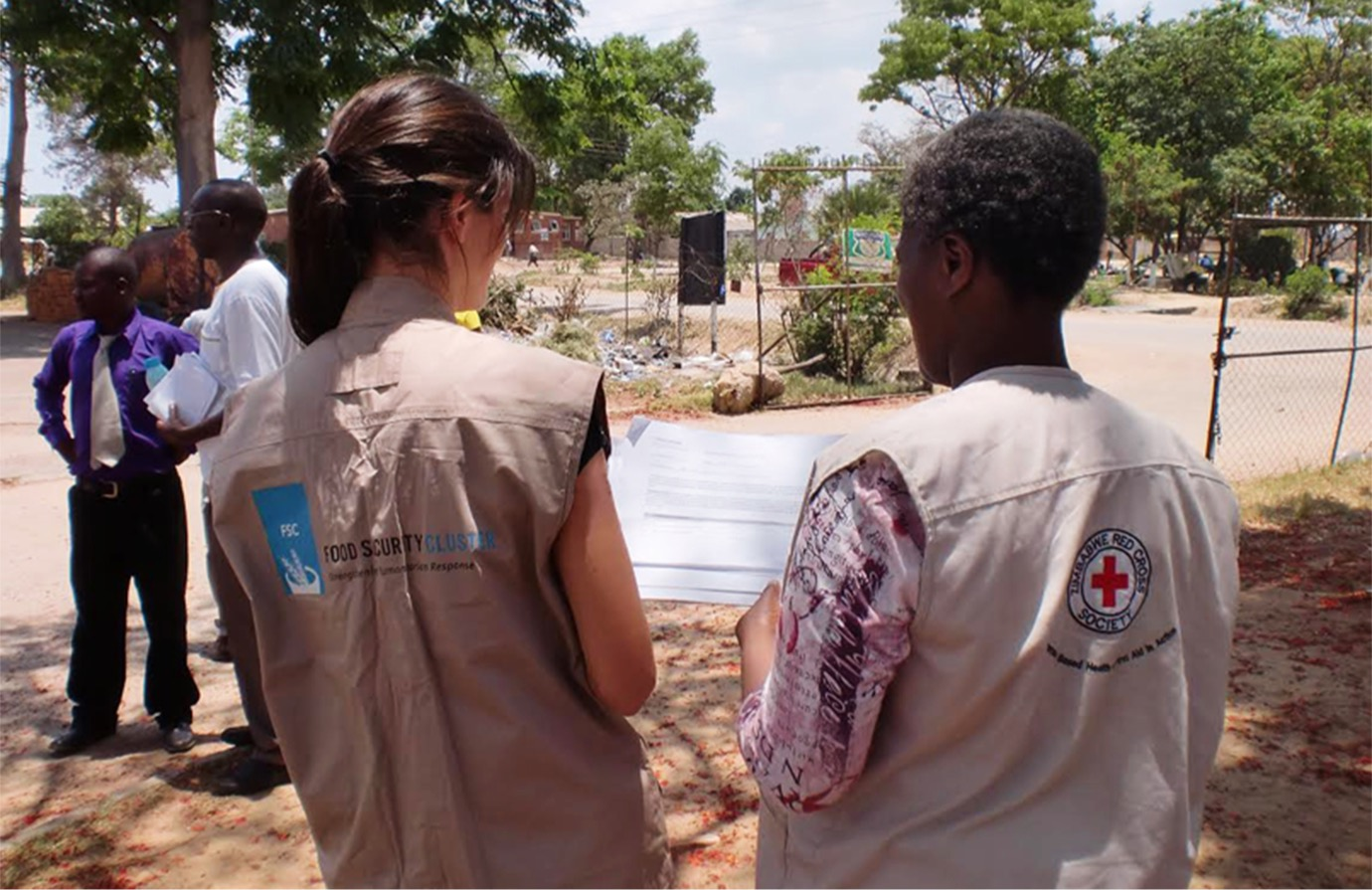Topic outline
The course is aimed at providing basic knowledge about the role and functions of the Food Security Cluster, both at global and national level. It is also aimed at building basic Cluster Coordination competencies and providing tools for efficient Food Security Cluster Coordination.



The course is mainly targeted at newly deployed or potential Food Security Cluster Coordinators, but it is also of interest of all Cluster partners (NGOs, donors, Government counterparts) and staff of the two Lead Agencies, FAO and WFP, that work in field locations and are exposed to the work of the Food Security Cluster.
- Structure and objectives of the humanitarian response architecture
- Principles, advantages and challenges of the cluster approach
- Structure and objectives of the Food Security Cluster at global and country level
- Food Security Cluster’s role and core functions and key activities related to each
- Main responsibilities and tasks of a Food Security Cluster Coordinator
The course consists of 11 lessons, organized in two units. Lessons last approximately 45 to 80 minutes each.
Unit 1 – The Food Security Cluster and the Humanitarian Programme Cycle
- Lesson 1.1 – Humanitarian Coordination and Cluster Approach
- Lesson 1.2 – Humanitarian Programme Cycle
- Lesson 1.3 – The Global Food Security Cluster – Background and Objectives
- Lesson 1.4 – The FSC at country level: Principles, roles, functions
Unit 2 – The Food Security Cluster's core functions
- Lesson 2.1 – Supporting Service Delivery
- Lesson 2.2 – Informing Common Strategic Decision-Making
- Lesson 2.3 – Planning and strategy development
- Lesson 2.4 – Monitoring and reporting
- Lesson 2.5 – Support robust advocacy
- Lesson 2.6 – Contingency planning, preparedness and capacity-building
- Lesson 2.7 – Accountability to affected populations, centrality of protection, gender and age, and PSEA
The online version of this course runs on the latest versions of the major browsers, such as Chrome, Safari, Edge and Firefox.
The downloadable version only runs on Windows PC’s and no additional software is needed.
Evaluate this course
We would be pleased to receive your evaluation of this course, to support us in improving future e-learning courses. Please click on the button below to answer the questions in the form. It should only take you a few minutes!


